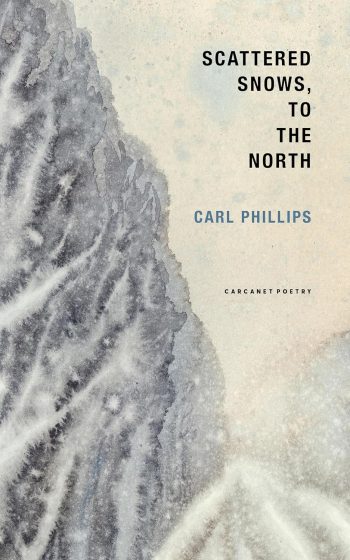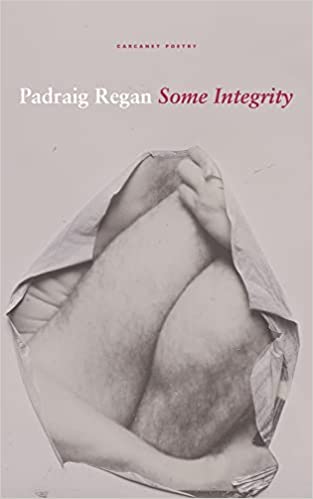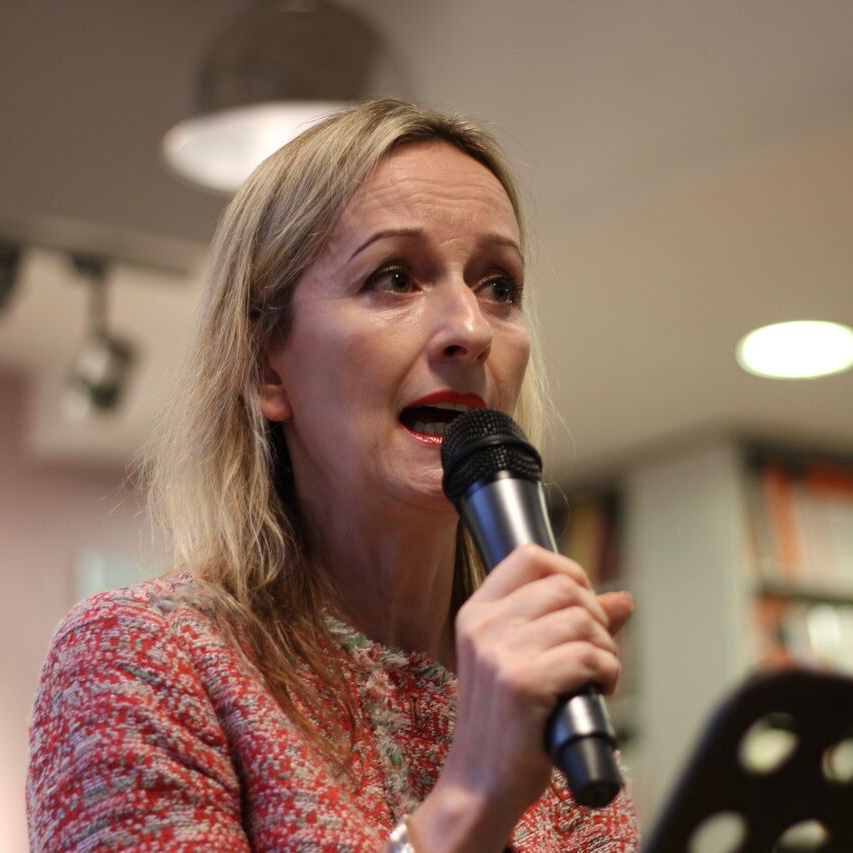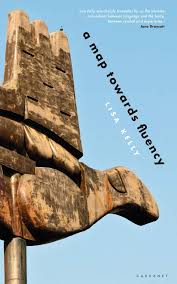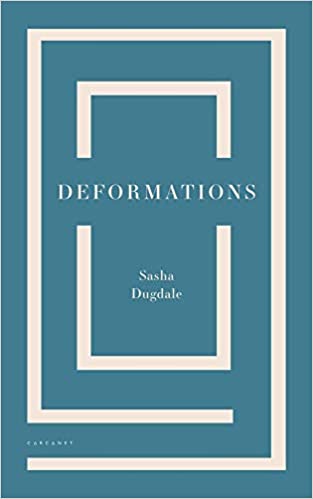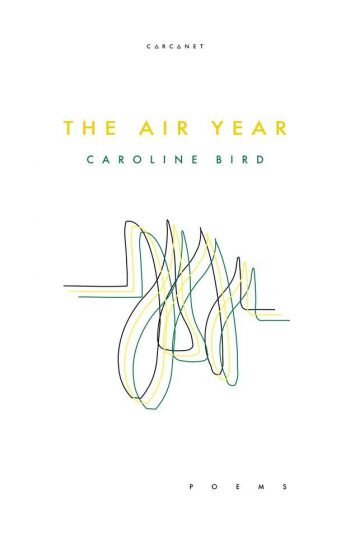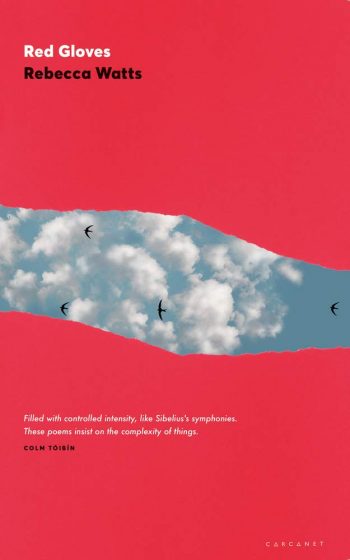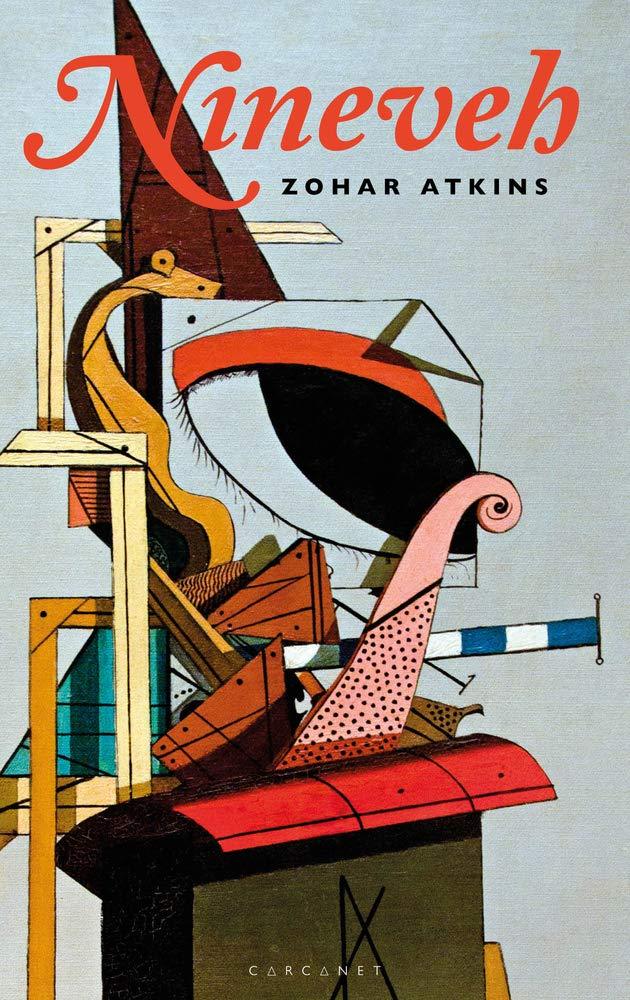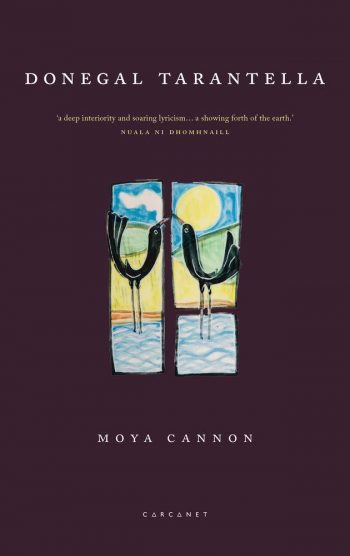Scattered Snows, To the North
Carl Phillips(Carcanet Press, 2024); pbk, £11.99 Carl Phillips asks in ‘Foliage’, ‘When did syntax and life become indistinguishable from one another?’ Art and Life: poetry as the transformation (not transcription) of experience in words. In reading Scattered Snows, to the North, I shall take my cue from Phillips’ essay. For these are thoughtful, expansive, if sometimes Read More


